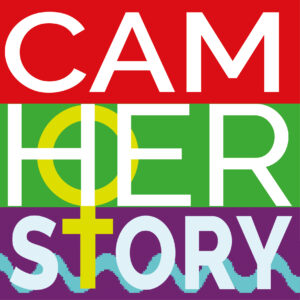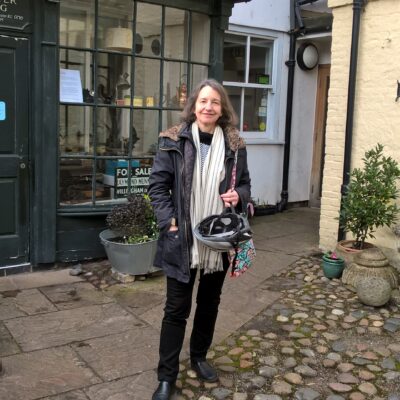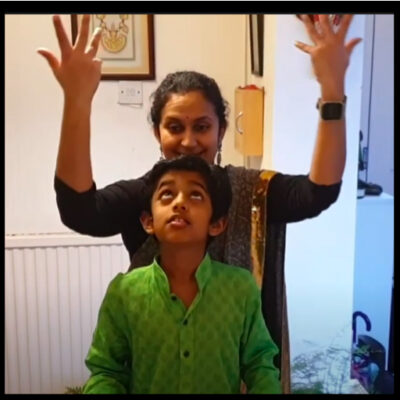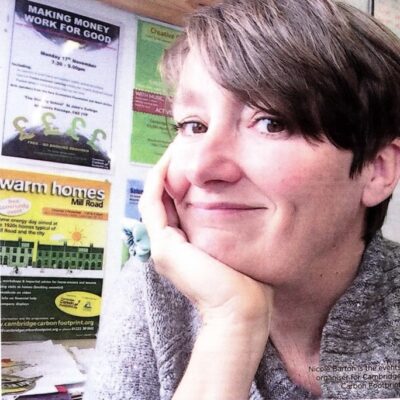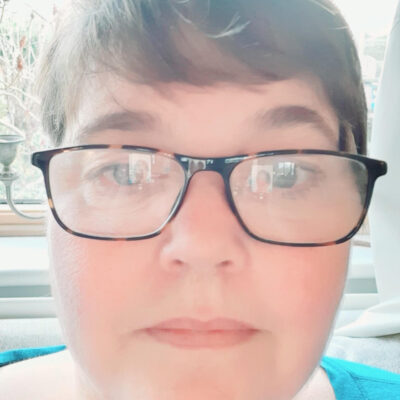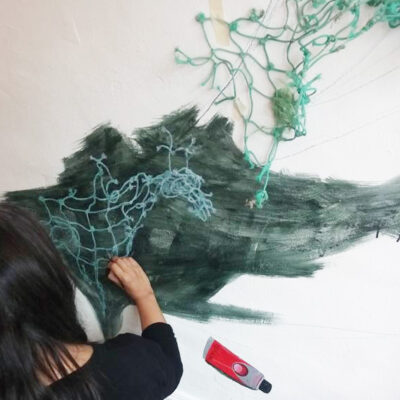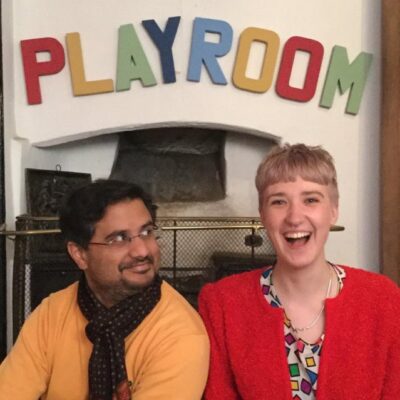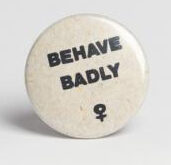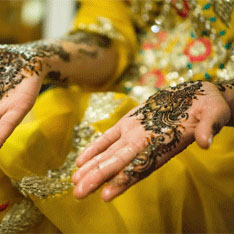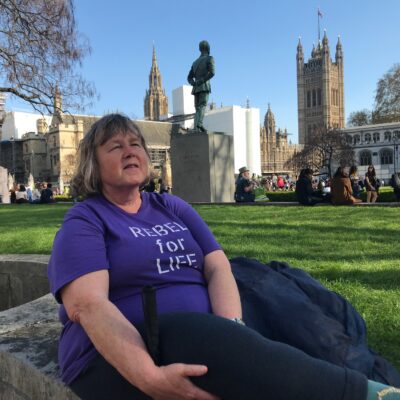Search by topic
- archaeology
- Building of Local Interest
- charity
- church
- crime
- dressmaker
- fire
- Great Eastern Railway
- Listed building
- Mapping Relief
- medieval
- oral history
- poverty
- Public House
- Rattee & Kett
- Religious House
- Roman
- scholar
- school
- Then and Now
- tudor
- women
- work
- world war one
- world war two
Search by text
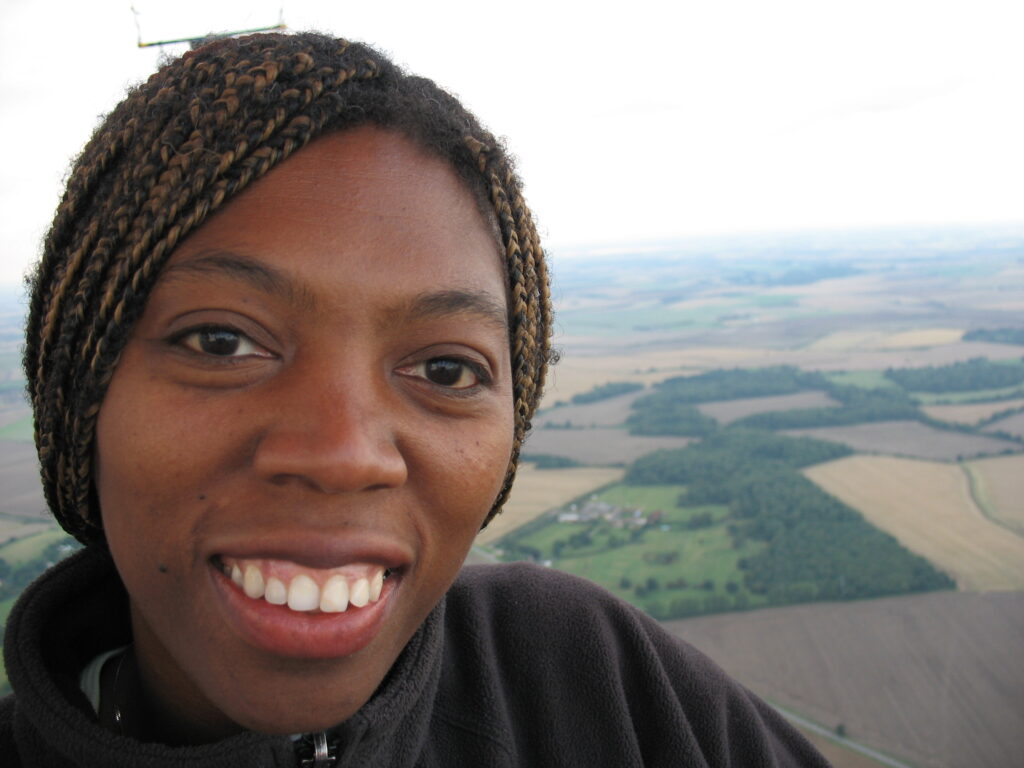 Dr Carol Brown-Leonardi
Dr Carol Brown-LeonardiSubsistence Lifestyles, Contemporary Society and Women Inequalities
By Dr Carol Brown-Leonardi, The Open University
A traditional perspective of the woman responsibilities in the domestic sphere is home making and nurturing family members. In some hunter-gathering society birth is women’s business, coupled with the sole responsibility of making decisions for the children (Yunupingu and O’Donoghue, 2003). This classification of the woman’s purpose emphasises how femininity intersects with other social identities that are unique to womanhood, which are scripted and globally represented. I therefore argue that femininity is socially constructed and is subjective, emotional and embodied. In Deh Cho Dene society in sub-arctic Canada aboriginal women over 50 years are considered as Elders and are viewed as spiritual and intimately connected to the land. This is particularly evident in the events of hunting in the subsistence lifestyle where they bring bad luck to hunters if they step over hunting tools. The taboos are intensified further for women who started their first menstruation or have recently given birth. They are obligated to not make any contact with the land and the soil is covered until one month after the menstruation is over or after the birth of a child. Although women do not have more power than men in Deh Cho Dene in everyday life, their intuition and spiritual connection with the land is highly respected. I understood from the research that Deh Cho Dene politics and community life are intricately connected.
I realised on many occasions during the fieldwork that Elder women’s advice is quickly acted upon by leaders and members of the public. The women teaching about the land was more descriptive, had more substance and was more engaging. In one of the narratives the Elder clarified some of the rules and norms that are applied to women when living traditionally on the land. The Elder narrative captured the important elements of what traditional life is, and the resources that was available to her as a woman; she describes the bush as “a nice place”. I understood that one of its benefits is the assortment of berries and wildlife that the land provides. Another significant feature is the human relationships of sharing and using the land, which relates to cultural sensitivities and practices that can only be experienced if you lived on it. This perspective of the women’s experience in subsistence society focuses a comparative lens on the classification of womanhood in Western societies.
Brexit and Covid-19 have operated in ways that have disadvantaged women in limiting wages and the unfair distribution of resources…
The Feminist movement has been instrumental in understanding the perspectives on women’s lives, gender identities and inequalities. Engels argued that men enjoyed greater power than women because it was men that owned the means of production and were more engaged in the public society (Haralambos and Holborn, 1991). Whilst Engels and Marx advocated for the equality of women in the industrial revolution, the emphasis on male superior strength in the home and workplace are the promoters of greater inequalities in Western society. For some women the events of Brexit and Covid-19 have operated in ways that have disadvantaged women in limiting wages and the unfair distribution of resources. According to the New Statesman women were more sceptical about leaving the EU and felt that Brexit should be abandoned. In this case, the women affected by Brexit experienced decreased public spending and a drop in zero hours contract employment, in which women are overrepresented (Duffield, 2019).
Covid-19 has emphasized the processes that separate the world of men and women as women take up the baton…
The Covid-19 pandemic and lockdown have challenged women to simultaneously manage domestic work, home schooling, childcare and employment at home. Unlike their counterparts in the subsistence society, the journey of childcare and domestic activities in the home remans undervalued and, in some cases, invisible. The Covid-19 pandemic has exacerbated the woman’s struggle of continued economic and social inequalities. (Hinsliff, 2020). I argue that Covid-19 has emphasized the processes that separate the world of men and women in the workplace and in the domestic sphere as women take up the baton to manage this brave new world that has created the post Covid-19 society. Although women’s oppression in modern society is explained by the patriarchal structures that are present; it is also important to acknowledge that the power of creating society is presented in the home, family, and the intimate relationships nurtured within the private sphere (Hodder, 1990). The woman embodies the influential factors in everyday practices, in which home is conceptualized as a place of culture. It is these processes within the home that ties society and the home together through symbolic and material practices. Thus, I argue that modern day womanhood is both silent and powerful.
References
Duffield, R (2019) Brexit is a Feminist Issue: No Deal is Not an Option for Women: The New Statesman. (Accessed 6 March 2021).
Haralambos, M and Holborn, M (1991) Sociology Themes and Prespectives. London: Collins Eductational Publishers.
Hinsliff, G. (2020) Covid-19 has Turned Back the Clock on Working Women’s Lives. The Guardian. (Accessed 6 March 2021).
Hodder, I. (1990) The domestication of Europe: structures and contingency in Neolithic societies. Oxford: Blackwell.
Yunupingu, M and O’Donoghue, L. (2003) Elders: Wisdom from Australia’s Indigenous Leaders. Cambridge. Cambridge University Press.
Celebrating the courage and resilience of the women of Cambridge
Cambridge Herstory is an archive and resource of Cambridge Women’s Heritage, celebrating the courage and resilience of the women of Cambridge.
The archive celebrates the contributions of women who have lived, worked and studied in Cambridge throughout the ages: from stories of women in history who changed the city for the better, and often contributed nationally to stories of women currently living in Cambridge who make massive contributions to improve the lives of their friends, family, neighbours, colleagues, community members and our city every single day.
Contribute
Do you have any information about the people or places in this article? If so, then please let us know using the Contact page or by emailing capturingcambridge@
License
This work is licensed under CC BY-NC-SA 4.0





